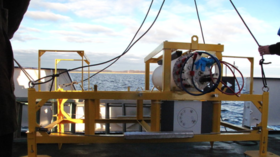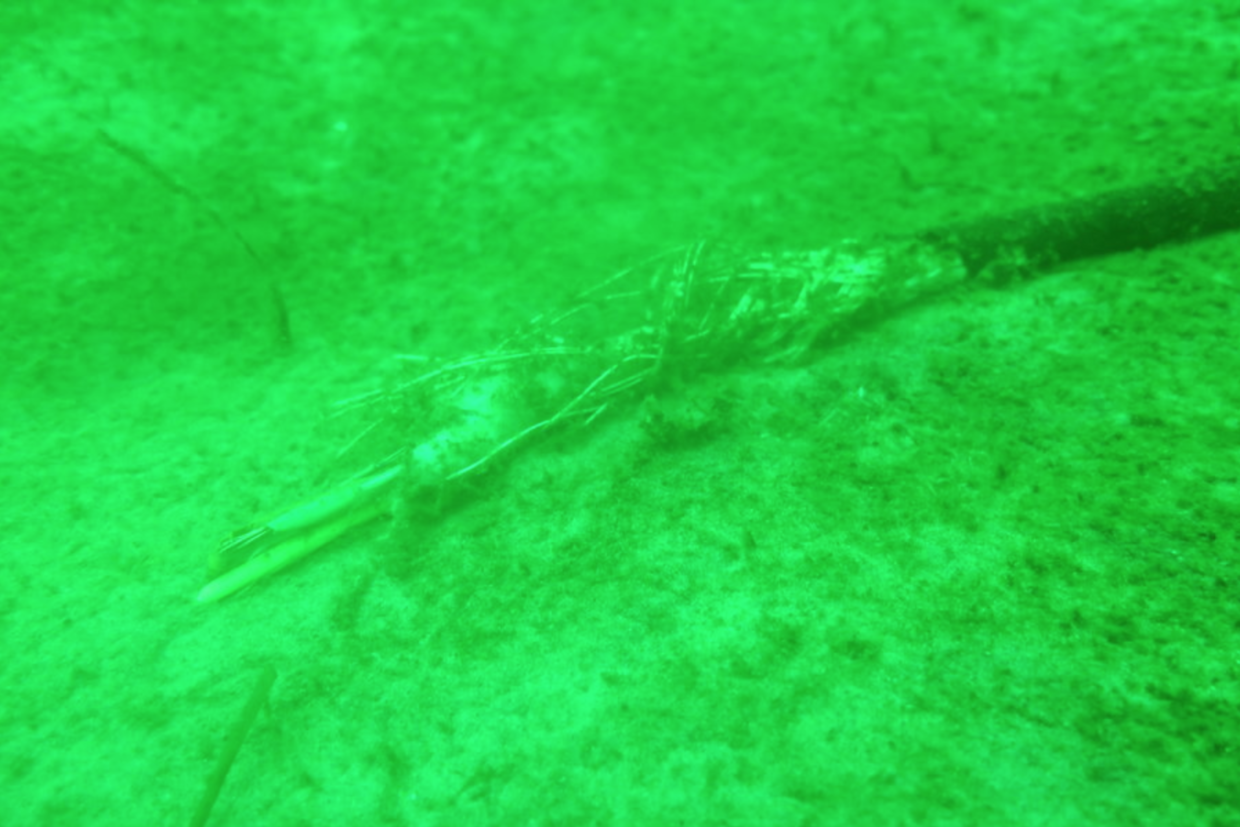Without a trace: Scientists bewildered as underwater lab disappears in the Baltic Sea

German authorities are investigating the mysterious and seemingly inexplicable disappearance of the €300,000 ($330,000) Boknis Eck underwater observatory from the Baltic Sea.
The sheer size and weight of the subsea station, which consisted of two racks, one weighing 250kg (550lbs) and the other 100kg, anchored at a depth of 22 meters (72 feet) has ruled out a massive storm, heavy currents or large sea creatures as the culprits behind the observatory’s disappearance.

Both racks, located between the Danish and German borders, were “removed with great force from their position,” according to the GEOMAR statement.
On August 21 at roughly 8:15pm local time, transmissions from the station stopped dead. Divers dispatched to investigate discovered that the entire structure had simply vanished leaving only a shredded transmission cable behind.
Also on rt.com Big Rev-eel: Scientists un-loch mystery of Scotland’s mythical creature NessieThe Boknis Eck Observatory was located 1.8 kilometers (1.1 miles) off shore in a restricted area that prohibited civilian or commercial traffic from entering.
The station collected data about water temperature, nutrients, salt content, water speed, and concentrations of chlorophyll and methane to evaluate the health of the local ecosystem. Researchers have described the data the station collected as “downright priceless.”
Scientists at GEOMAR who oversaw the station’s work have conducted their own search for the missing observatory but to no avail. They are now seeking the public's help in locating it.
Like this story? Share it with a friend!














